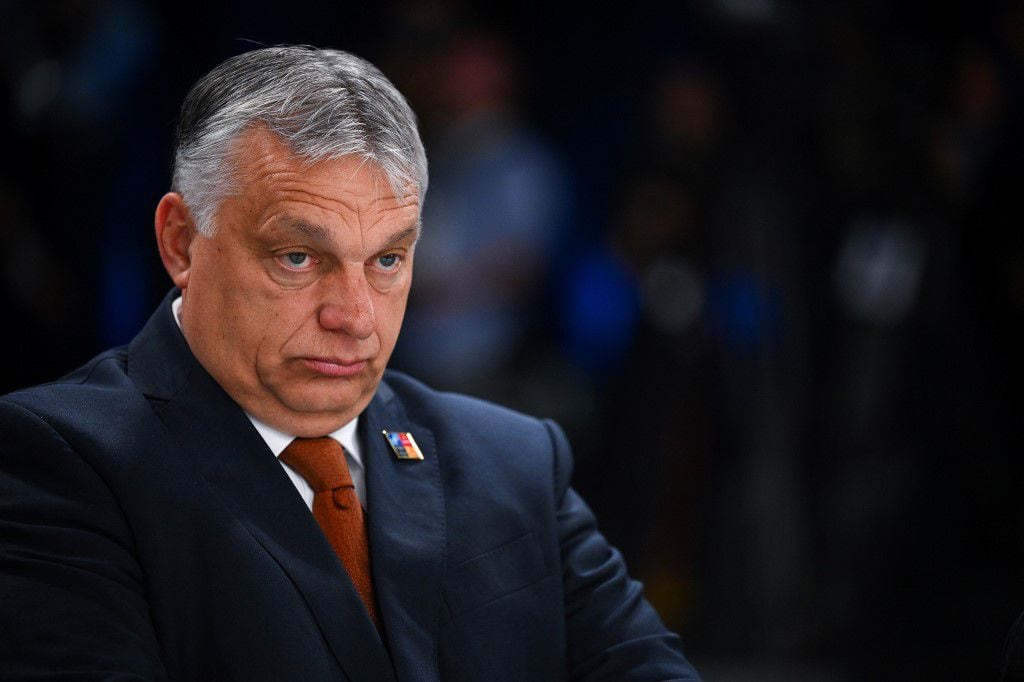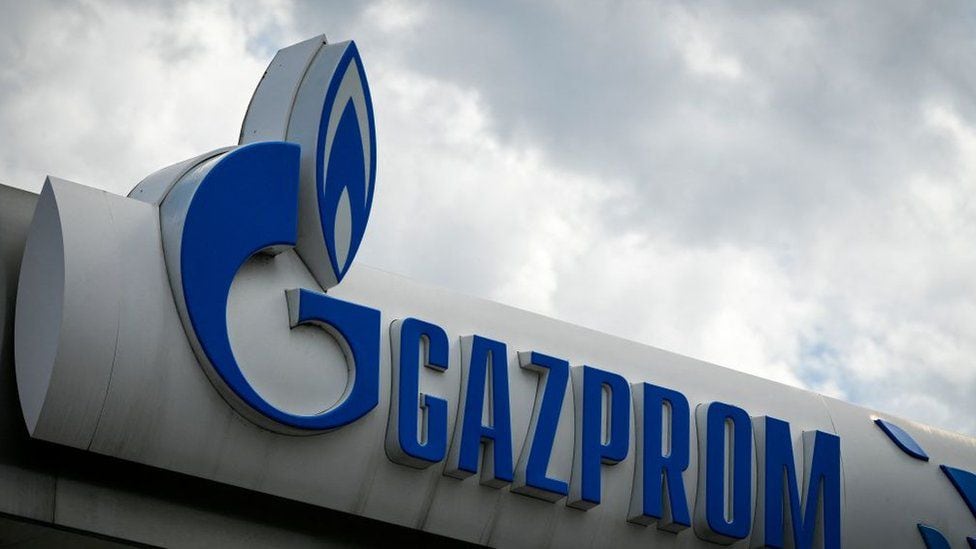This Thursday the 6th, the European Union adopted a new package of sanctions against Russia in response to annexation of the Ukrainian regions of Donetsk, Luhansk, Kherson and Zaporizhia through a series of referendums that have been described as a “farce” by the West.
READ ALSO: Francis Fukuyama’s new prediction: Russia will collapse in the coming weeks
As reported by the European Commission, this new round of restrictions will seek to undermine the military capacity of the Kremlin with the intention of stopping the invasion launched by Vladimir Putin on February 24.
This is the eighth package of Western sanctions against Russia since the war in Ukraine began. The new measures announced consist, in summary, of the following:
- Prohibit imports of different Russian products to European territory.
- Restrict exports of technology used in the aviation, electronics, and chemical sectors.
- Expand the blacklist of those responsible for the war, including high-ranking military personnel, institutions, companies (such as the arms manufacturer Kalashnikov Concern or the company that prints passports in the annexed territories JSC Goznak) and other people linked to the annexations.
- Ban European citizens from sitting on the boards of Russian public companies.
- Together with the G7, set a ceiling on the price of Russian oil, prohibiting its transport to countries outside the European Union if it exceeds the limit set.
The European decision was reported and entered into force this Thursday after 44 leaders from the Old Continent met at the forum of the nascent European Political Community in Prague (Czech Republic).
Despite having voted in favor of the measure, however, the Hungarian Government later assured that the sanctions against Russia they must be rethought.
The Hungarian position
“Brussels’ erroneous sanctions policies must be rethought as they have not lived up to expectations”, Hungarian Prime Minister Viktor Orban told former Czech President Vaclav Klaus at a meeting on the sidelines of the summit of European leaders, the EFE agency reported.
The reasons given by Orban point to the fact that “the war is not over yet, but prices in Europe have skyrocketed, while Russia makes a lot of money from this situation”.
Hungary occupies a complex position on the European map during the current situation. Practically marking the border between the European Union and Russiathe Hungarian Government has sought to balance a discourse that keeps both sides happy.
“Those who are bigger and stronger than us, and who are much further from us. RussiaThey definitely don’t understand our situation. In our case, in Central Europe, Russia is a reality. We are not a nuclear power an ocean away. If we were, we would have a different position, but we are in the same neighborhood. That determines our political situation”, explained Hungarian Foreign Minister Péter Szijjártó to Trade during an interview in mid-September.
In the Hungarian case, both the war and the sanctions have caused serious social and economic consequences. On the one hand, the conflict caused the exodus of more than a million Ukrainian refugees to the Hungarian side, exceeding the reception capacity in that country.
On the other hand, European economic measures have affected the Hungarian economy, weakening the value of the forint and driving inflation above 15% year-on-year in August.

Are they serving or not?
Since the announcement of the first sanctions package against Russia -historical by its very nature- a big question began to revolve around: will it really work?
To develop an accurate response, it is necessary to analyze the situation from different angles.
On the one hand, we could say that the sanctions have not stopped the conflict, that on October 24 it will be eight months old.
Nor can it be said that the Russian economy has completely collapsed, on the contrary, the ruble has managed to position itself as the currency with the best performance globally and local companies have seen the national market open up to the exit of international corporations.
In addition, Moscow is already negotiating with China the construction of a new gas pipeline that would make the Asian giant its main gas customer, replacing the European Union.

However, this supposed Russian resistance could also turn out to be a brief illusion on the brink of change. According to projections of world Bankthe Russian GDP it will fall by 11.2% this year. Even more optimistic calculations such as those of the International Monetary Fund calculate the same fall between 6% and 8.5%.
The European Council, on the other hand, cites figures from the World Bank to indicate that Russian imports and exports will fall by 35.2% and 30.9% by the end of the year; while inflation will be calculated at 22%.
On the other hand, it remains to be evaluated what will be the effect of the ceiling imposed on the price of Russian oil, one of the main sources of financing for the kremlin.
Trade He consulted with two international analysts for their opinion on the effectiveness of the sanctions imposed against Russia in the context of the war, and these were their comments.
“They will have an effect in the medium term. If the objective was to prevent Russia from continuing the war, they obviously have had no impact, but they are strongly weakening Russia, which is already having problems producing weapons, because they cannot import chips from the West. Cars, for example, are now produced without air bags due to lack of parts. It is true that Russia has received a lot of money for the export of oil and gas, the economy has not collapsed yet but it is in serious trouble because the value of the ruble is being maintained at a very high cost. Another problem is that the country is losing many valuable people, not only now but since the war began, because highly trained people left. Sanctions are indeed affecting Russia, although that has not prevented Putin from continuing the war”, says analyst Francisco Belaúnde Matossian.
“We can measure the impact if we review what the energy geography was like before the war, with Russia as an energy producer and hydrocarbon exporter. Now, on the contrary, we see Russia redirecting its market towards China mainly. The sanctions have affected, but beware, not only Russia but also the European Union with the increase in the price of gas, for example. It is the collateral effect of sanctions. I think that is what the Hungarian prime minister was referring to, who has certainly shown a somewhat ambiguous policy towards Russia.“, points out the internationalist Francesco Tucci.
Source: Elcomercio
I, Ronald Payne, am a journalist and author who dedicated his life to telling the stories that need to be said. I have over 7 years of experience as a reporter and editor, covering everything from politics to business to crime.

:quality(75)/cloudfront-us-east-1.images.arcpublishing.com/elcomercio/ZRLLT6JUSBHLPLSGNFTVZYQACY.jpg)





